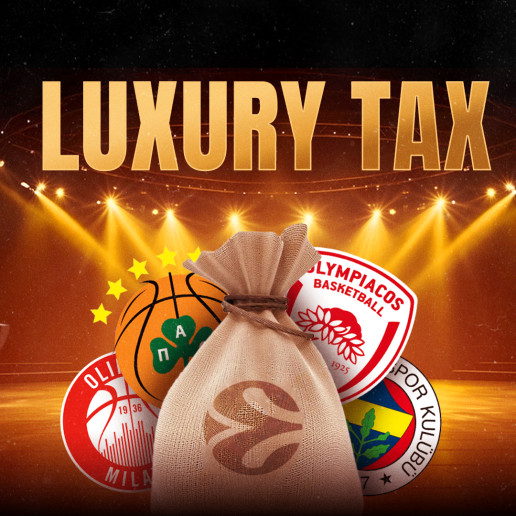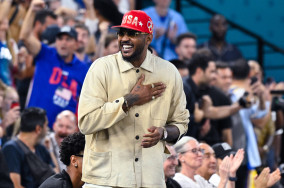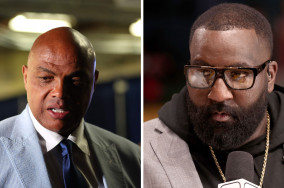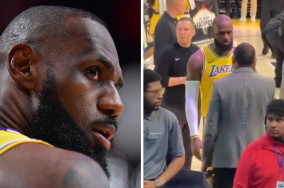If the new EuroLeague luxury tax rules were applied for this season, the Greek powerhouses Panathinaikos and Olympiacos would be in the toughest position, paying the biggest amount. Overall, 6 different teams would need to pay the luxury tax.
On Wednesday, the EuroLeague announced that the luxury tax will come into effect in the upcoming 2025-26 season.
Therefore, BasketNews calculated which teams and how much they would have to pay in luxury tax if the rules were valid this season.
Disclaimer: The suggested luxury tax amounts for each team include a big margin of error due to the complexity of the luxury tax rules, which involve many variables. Additionally, accurately calculating a team's potential luxury tax requires detailed contract information for every player, which may also involve a margin of error.
This list is intended for entertainment purposes and to provide an approximate estimate of how much teams would owe in luxury tax if the rules were already in effect for this season.
Moreover, having a clear reference point, the clubs can allocate budgets and signings differently for the upcoming season, and it is likely that they would find ways of not exceeding the threshold.
We also kindly ask other media outlets not to quote the following numbers.
BasketNews took each team's payroll from the 2024-25 season and applied the luxury tax rules.
Luxury tax bill with BRL rules
After covering all the details, let's dive into the most interesting part.
Olympiacos Piraeus and Panathinaikos AKTOR Athens are the teams that would be in the toughest spot regarding the luxury tax.
Speaking of Panathinaikos' luxury tax, the Greens would be required to pay a staggering €
































































